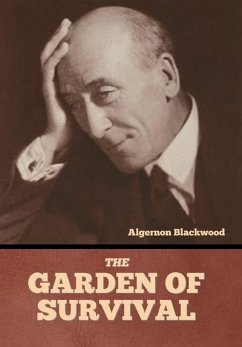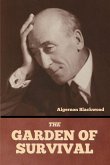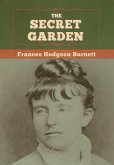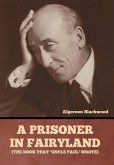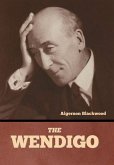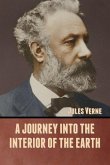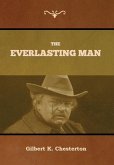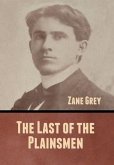The story is comprised of a narrative written to the protagonist's twin brother looking back on his short marriage to an artistically-creative young woman who was his short-lived wife and can be seen as signifying both a mesmerizing beauty embodying true love as well as possibly a dark force of seduction. The narrative mainly documents the protagonist's spiritual development through the years following his short marriage and the effect her embodiment still has on him, either through memory or ghostly presence. (Robert Blenheim) About the author Algernon Henry Blackwood, CBE (14 March 1869 - 10 December 1951) was an English broadcasting narrator, journalist, novelist and short story writer, and among the most prolific ghost story writers in the history of the genre. The literary critic S. T. Joshi stated, "His work is more consistently meritorious than any weird writer's except Dunsany's" and that his short story collection Incredible Adventures (1914) "may be the premier weird collection of this or any other century". Throughout his adult life, he was an occasional essayist for periodicals. In his late thirties, he moved back to England and started to write stories of the supernatural. He was successful, writing at least ten original collections of short stories and later telling them on radio and television. He also wrote 14 novels, several children's books and a number of plays, most of which were produced, but not published. He was an avid lover of nature and the outdoors, as many of his stories reflect. To satisfy his interest in the supernatural, he joined The Ghost Club. He never married; according to his friends he was a loner, but also cheerful company. His two best-known stories are probably "The Willows" and "The Wendigo". He would also often write stories for newspapers at short notice, with the result that he was unsure exactly how many short stories he had written and there is no sure total. Though Blackwood wrote a number of horror stories, his most typical work seeks less to frighten than to induce a sense of awe. Good examples are the novels The Centaur, which reaches a climax with a traveller's sight of a herd of the mythical creatures; and Julius LeVallon and its sequel The Bright Messenger, which deal with reincarnation and the possibility of a new, mystical evolution of human consciousness. Blackwood died after several strokes. Officially his death on 10 December 1951 was from cerebral thrombosis, with arteriosclerosis as a contributing factor. He was cremated at Golders Green crematorium. A few weeks later his nephew took his ashes to Saanenmöser Pass in the Swiss Alps, and scattered them in the mountains that he had loved for more than forty years. (wikipedia.org)
Hinweis: Dieser Artikel kann nur an eine deutsche Lieferadresse ausgeliefert werden.
Hinweis: Dieser Artikel kann nur an eine deutsche Lieferadresse ausgeliefert werden.

